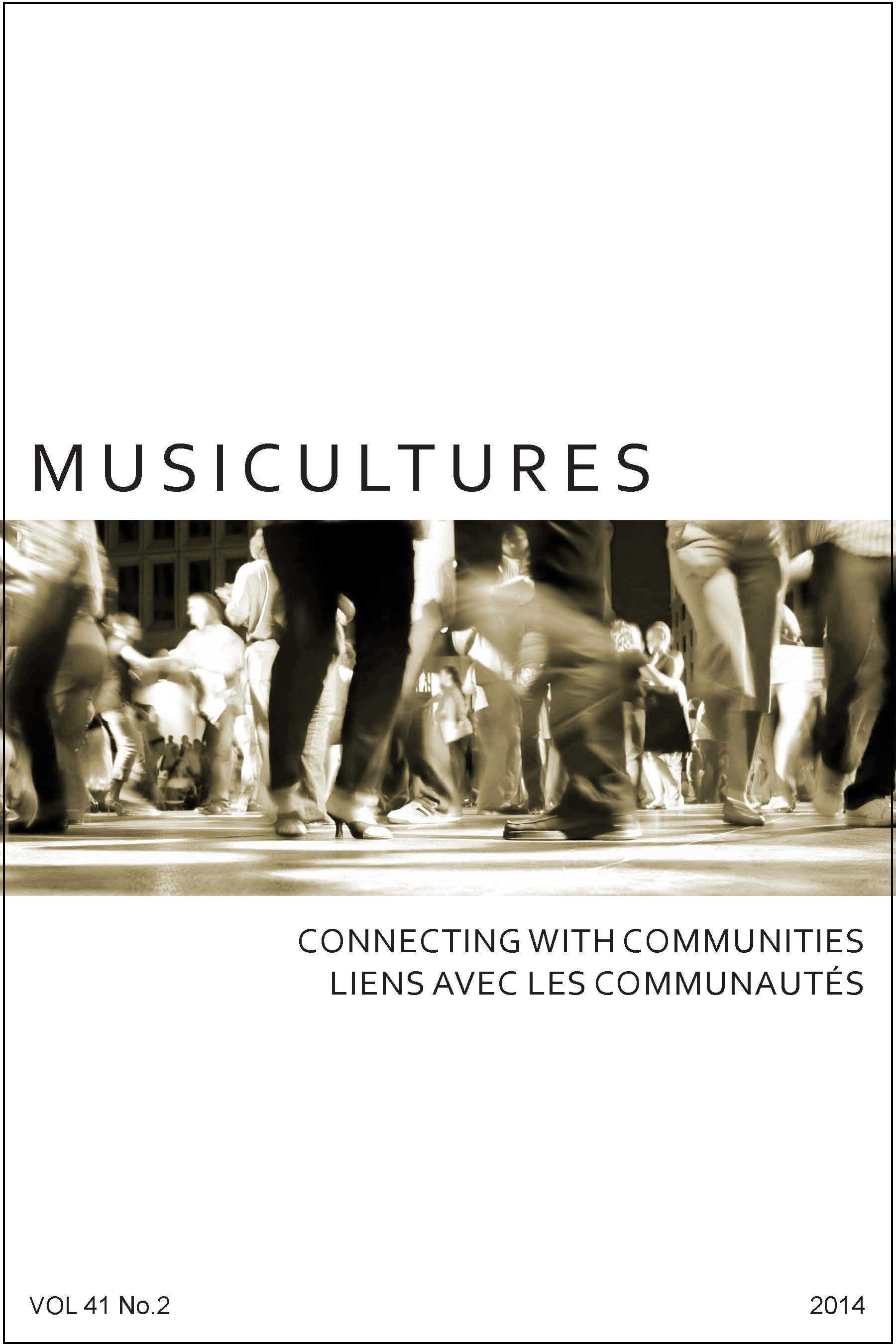Abstract
In the symptomatology of autism spectrum disorders (ASDs), the practice of “odd, unusual, or repetitive behaviors” such as hand flapping and body rocking is referred to as stimming (Hammel and Hourigan 2013: 75). Stimming is routinely cast as problematic and targeted for reduction or elimination in therapeutic modalities for autistic individuals, including music therapy. In an alternate frame of reference grounded in the epistemological foundations of neurodiversity, however, stimming is subject to a very different kind of interpretation in which such behaviours are embraced as productive, communicative, pleasurable and even socially valuable for those who perform them—as manifestations of difference, not symptoms of deficit. This mode of interpretation forms the basis of the present article, which highlights the words and views of a 10-year-old girl on the autism spectrum who plays music and stims, and which more broadly draws upon theoretical and methodological premises of ethnomusicology to advance a neurodiverse perspective on autism.- The author retains copyright over the work.
- The author grants the journal owner (The Canadian Society for Traditional Music / La Société canadienne pour les traditions musicales) an exclusive license to publish the work.
- The author may post a pre-print or post-print version of the work (see definitions below) on a personal website for up to twelve months after the work is published in MUSICultures. After twelve months, the pre-print version must be replaced with the published version.
- The author may deposit the published PDF of the work in a non-commercial online repository twelve months after the work is published in MUSICultures, or any time thereafter.
- Any such deposit must include a link to the work on the MUSICultures website, e.g., https://journals.lib.unb.ca/index.php/MC/article/view/19996
A pre-print is a work-in-progress—a contribution not yet accepted, or perhaps even submitted, to MUSICultures.
A post-print is the version of a contribution after peer review and acceptance by MUSICultures, with revisions completed.
The published version is the PDF file of a contribution as it appears in MUSICultures.
Please note that academia.edu and ResearchGate.com are both for-profit repositories; authors may not deposit the published PDF of the work in these repositories until after the journal’s embargo period.
For permission to reprint or translate material from MUSICultures, please contact Heather Sparling, General Editor of MUSICultures (heather_sparling@cbu.ca).

